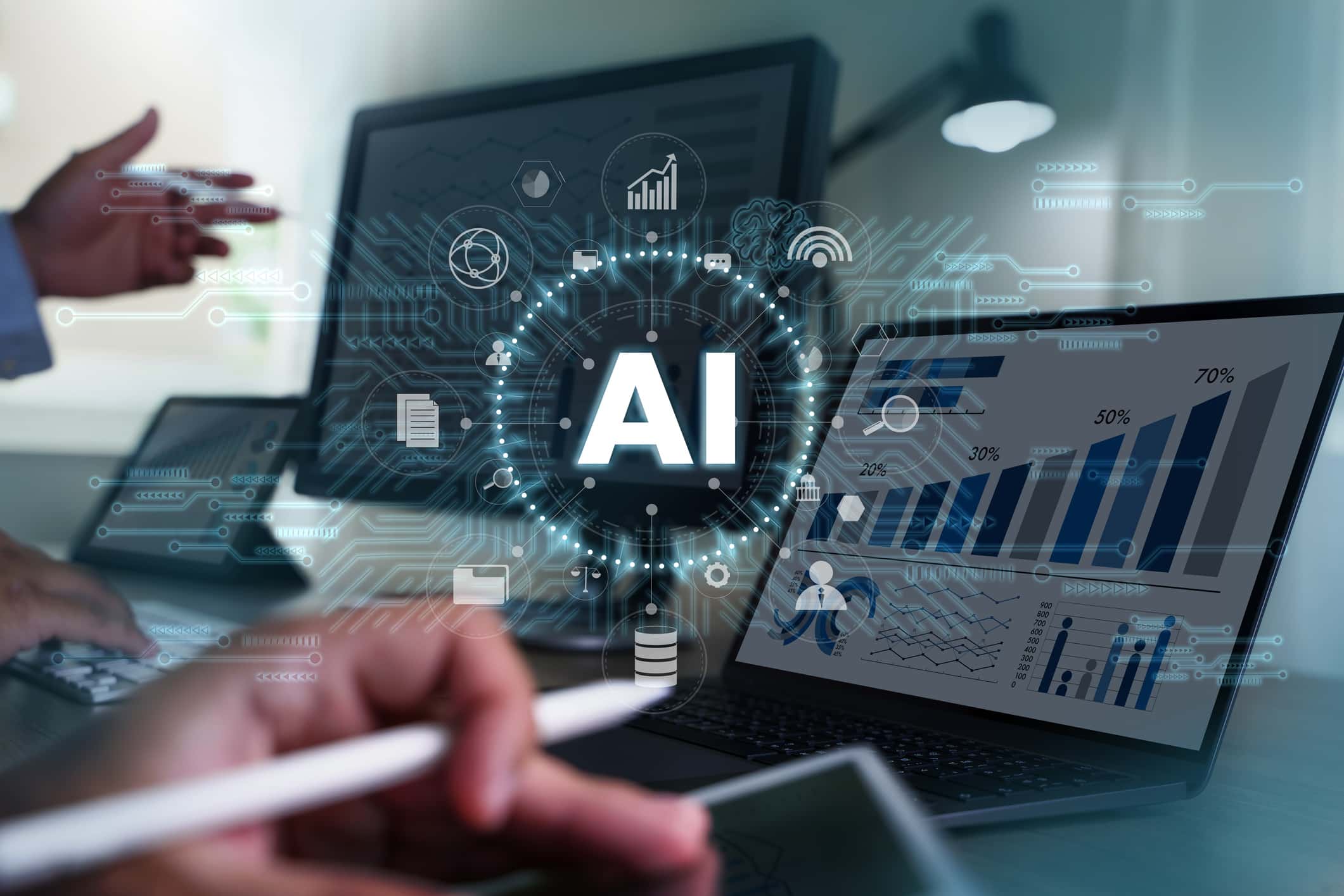Finance is a crucial change agent in society, government, and technology.
The introduction of artificial intelligence (AI) is fundamentally altering the financial world. AI is a form of technology that confers intelligence on machines. In my 2013 book, Economic Modeling Using Artificial Intelligence Methods, I demonstrated how
AI could forecast economic indicators, predict stock prices in stock exchanges, perform credit scoring in banks, and model complex financial instruments such as options, futures, and derivatives. In our 2017 book, Artificial Intelligence and Economic Theory, Evan Hurwitz and I demonstrate how AI affects how economists think about demand and supply, pricing, and behavioral economics. Utilizing AI’s capabilities, the financial sector is on the verge of massive disruptive changes that present new opportunities and risks. This article examines how AI affects economic systems, specifically the financial sector, markets, and the government.
Using machine learning, predictive analytics, and natural language processing, AI has the potential to revolutionize the way institutions operate. Additionally, AI opens up new avenues for customer service, risk management, and business advice.
For example, AI-powered chatbots and virtual helpers help with customer service around the clock, simplifying user interfaces and making it easier to answer questions quickly.
Consequently, they enhance consumer experience and reduce expenses. For instance, in risk management and credit scoring, AI algorithms can examine enormous amounts of data to identify patterns and assess risk levels. This makes financial services available to a larger population.
In the investment world, robo-advisors have become popular. They use AI’s analytical capabilities to offer cheap, personalized financial advice. Through these changes, AI is making it easier for more people to use financial services and driving the global financial system to be more open to more people.
AI is also changing the way financial markets work. For example, AI has changed how stocks are bought and sold with high-frequency algorithmic trading. AI can analyze vast financial data in milliseconds to identify trends and make trades. This is a substantial improvement over traditional methods making markets move faster, more open and work better. However, increased market speed ushers market stability and systemic risks, requiring protection and strong oversight to avoid these problems.
Regulators worldwide seek to deal with AI’s problems, such as data protection and algorithmic transparency. Accordingly, there should be a balance between encouraging innovation and protecting the financial security and consumer interests in regulations. AI can simplify compliance procedures, monitor
financial transactions in real-time for illicit activities, and predict market glitches, making regulators more proactive.
In the African market, the African Continental Free Trade Area (AfCFTA), a trade deal that aims to increase trade significantly within Africa, offers unique opportunities for AI.
The agreement covers a broad range of aspects of Africa’s economy, such as digital trade and the protection of investments. Moreover, the number of countries in the AfCFTA will make it the largest free trade area globally, linking 1.3 billion people in 54 countries with a combined GDP of $3.4 trillion. AI can make the AfCFTA work better and reach its goals.
For example, AI can help improve trade logistics by making delivery systems, customs processes, and tracking and tracing more efficient. It can find the best ways to move goods, predict delays, and give traders real-time information. In addition, AI can analyze trade data to identify patterns, trends, and connections. This can help policymakers make better choices and predict and respond to future trends better.
AI-powered systems can make cross-border e-commerce more efficient, a sector expected to grow under the AfCFTA. AI can create personalized product recommendations and automate customer service. In education and training, AI can help people acquire the skills they need for an African economy that works better together.
However, for AI to achieve the goals of the AfCFTA, it is essential to have good AI governance and regulation. Furthermore, we need to invest in digital infrastructure and education.
In conclusion, AI is vital to changing how the world’s economic system works. It affects financial services, markets, and regulation. AI is ushering in a new age of innovation and efficiency.
However, as AI continues to change how the financial world works, a cautious and thorough approach is needed to make the most of its prospects and manage its risks well. There needs to be strong regulatory frameworks, investments in AI literacy and skills, and a commitment to ethical AI values. These objectives are essential if we want an AI-driven financial future that is both prosperous and sustainable in Africa.
